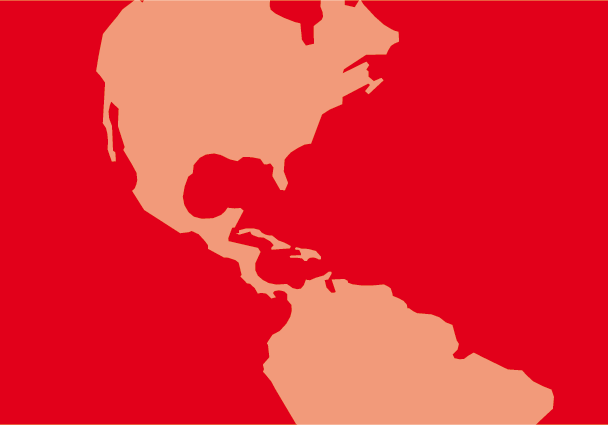The ICJ condemns the United States for pressing states to sign bilateral agreements which would preclude them from transferring US nationals to the International Criminal Court (ICC).
The ICJ joins its partners in the Coalition for the International Criminal Court (CICC) to consider that such agreements contravene the objects and purpose of the ICC Statute and serve to confer a blanket of impunity upon an entire class of persons.
The ICJ fully concurs with the content of the CICC statement reproduced below:
(New York, August 13, 2002) – The NGO Coalition for the International Criminal Court (ICC or Court) today condemned the efforts of the US government to convince other countries to grant immunity for US nationals from the newly created ICC by threatening to withdraw military aid. Legal experts within the NGO Coalition refute US claims that the agreements it is seeking worldwide, prohibiting US nationals from being transferred to the Court, are permitted under the Court’s governing treaty.
The US government has been vigorously approaching officials in capitals around the world to sign special agreements (called “Article 98 agreements” after a provision in the ICC treaty), allowing immunity for US military personnel and peacekeepers from the jurisdiction of the ICC. To date Romania and Israel are the only countries to have signed such agreements, while Norway, Switzerland, Yugoslavia and Canada have reportedly refused. Last week the US government announced that countries supporting the Court without creating an exemption for US nationals could face a withdrawal of US support for military education and training, as well as financing of military weapons and equipment.
The threat to withdraw military assistance to countries that refuse to sign is based on a provision of the American Servicemembers Protection Act (ASPA), recently passed in Congress and signed by President Bush. The ASPA authorizes the US government to cut off military aid to countries that support the ICC, with the exception of key allies. Nevertheless, the ASPA gives the US President broad authority to waive this provision. Even before the passage of ASPA, the US declared the unprecedented “nullification” of its signature of the Rome Statute in May of this year, and began aggressive efforts in the Security Council in the months following to obtain exemption for US peacekeepers from the jurisdiction of the Court.
“The threat to cut off military aid, and the coercive actions undertaken recently in the Security Council to get exemption for peacekeepers, are part of a multi-pronged effort of the US government to undermine international justice, international law and international peacekeeping,” stated William R. Pace, Convenor of the more than 1000-member NGO Coalition for the International Criminal Court. He added, “US spokespeople say these agreements are allowed under the statute that creates the ICC, but legal experts from leading NGOs and from governments disagree. Now the US is trying to bully governments into signing these agreements, just as it coerced them to agree to exempt US peacekeepers from the ICC in the Security Council last month despite consensus that this would be in violation of international law, the UN Charter and the Rome Statute. International law cannot be subordinated to the will of one country.”
Leading international experts are available for analysis, comments and interviews on the subject. To receive an expert list, quotes or to set up interviews, members of the Press are requested to contact Mr. Joydeep Sengupta, Communications and Outreach Associate, Coalition for the International Criminal Court at cicc6@iccnow.org, or call: +1-212-687-2863 x18.
The ICC, the jurisdiction of which was established by the July 1st entry into force of the Rome Statute, will be the first permanent, independent judicial body capable of trying individuals accused of genocide, war crimes and crimes against humanity. The Court, which is being set up and paid for by the nations that ratify the Rome Statute — 77 to date — and which already has an advance team operating in The Hague, is expected to begin hearing cases by mid-2003.
Note: For more information on this subject, please visit: www.usaforicc.org or www.iccnow.org




